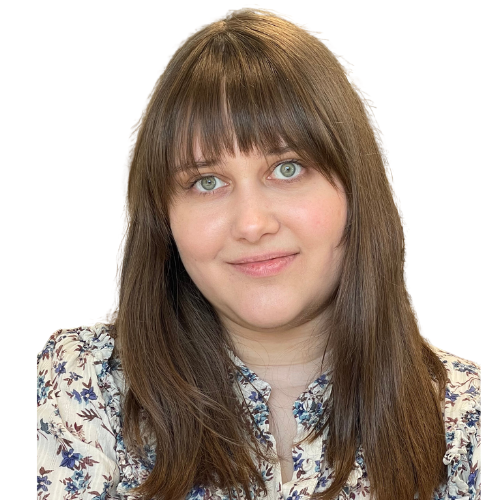What to Expect:
In this episode, Anastasiia Mikheenkova discusses her research on the aging process of batteries used in electric cars. Anastasiia shares her journey from studying chemistry in Ukraine to conducting battery research at Uppsala University, and her work on understanding the electrochemical and material changes that occur as batteries age.
About the Guest:
Anastasiia Mikheenkova
Anastasiia Mikheenkova is a PhD student at Uppsala University specializing in the chemistry of batteries. Her research focuses on understanding the electrochemical and material changes that occur as batteries age, aiming to enhance the lifespan and efficiency of batteries used in electric vehicles.

Anastasiia Mikheenkova is a PhD student at Uppsala University specializing in the chemistry of batteries. Her research focuses on understanding the electrochemical and material changes that occur as batteries age, aiming to enhance the lifespan and efficiency of batteries used in electric vehicles.
🌟 Key Takeaways from This Episode:
- Battery Aging: Anastasiia’s research focuses on understanding how batteries age and degrade over time.
- Career Journey: From studying chemistry in Ukraine to conducting battery research in Sweden.
- Favorite Experiment: Using scanning electron microscopy and X-ray diffraction to study aged battery materials.
🔬 In This Episode, We Cover:
Anastasiia’s Research Anastasiia’s research focuses on understanding the aging process of batteries used in electric cars. She studies the electrochemical and material changes that occur as batteries age, aiming to enhance their lifespan and efficiency. Her work involves testing batteries under various conditions to simulate aging and analyzing the results using advanced techniques.
Anastasiia’s Career Journey Anastasiia’s academic journey began with a Bachelor’s in Chemistry in Ukraine. She pursued her passion for battery research, leading her to her current role as a PhD student at Uppsala University, where she focuses on understanding the aging process of batteries.
Anastasiia’s Favourite Research Experiment Anastasiia’s favorite experiment involves using scanning electron microscopy and X-ray diffraction to study aged battery materials. These techniques allow her to observe the structural changes that occur in the materials as batteries age, providing insights into how to improve their performance and lifespan.
Life as a Scientist: Beyond the Lab Anastasiia values the collaborative nature of scientific research and enjoys engaging with the global scientific community. She is passionate about teaching and mentoring the next generation of scientists.
Anastasiia’s 3 Wishes
- Increased funding for research: Anastasiia wishes for more financial support to advance innovative research projects.
- Greater collaboration between researchers: She advocates for stronger partnerships to enhance knowledge sharing and collaborative efforts in research.
- Improved public understanding of scientific research: Anastasiia emphasizes the importance of public awareness and support for scientific advancements.
Anastasiia’s Time on @RealSci_Nano Anastasiia will be taking over the RealSci_Nano Twitter account to share her research on battery aging and its implications for electric vehicles. Followers can expect to learn about the innovative techniques and insights her work provides.
